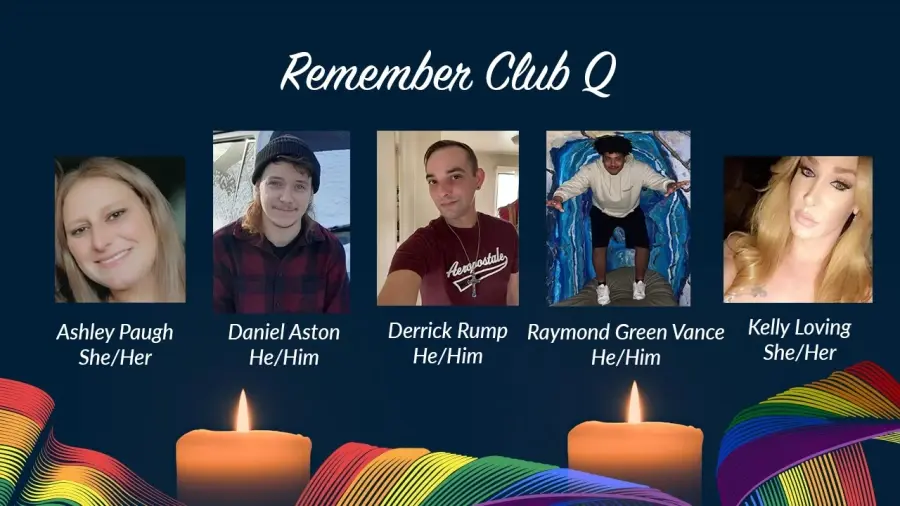U.K. Aids Quilt Project Launch
- Nathaniel Hall

- Jul 3, 2021
- 4 min read
I was honoured to be asked to speak at the launch of the largest display of the UK Aids Quilt hosted by The Food Chain in London this July.
Here‘s what I said.

Normally when you’re asked to give a speech at an important event like this, the gravitas of the occasion leads us to say things like:
‘I stand on the shoulders of giants’,
‘I’m here today because of the remarkable efforts of those who came before me.’
And of course, those statements are true.
But what the Names Project, the AIDS Quilt shows us, is that those who came before us, no matter how brave or inspirational or deserving of our adoration and respect, were just people.
Ordinary people like you and like me.
People leading lives.
People with hopes and dreams.
People who’s lives and loved one’s lives were cut tragically short by a pandemic that, unlike today’s one, was met with indifference, fear and even hatred.
And I’d like to stand here today in front of you and say:
‘Look at how far we’ve come!‘
‘Look at what we’ve achieved!’
And yes, we’ve achieved so much, although the amount we’ve had to fight doesn’t always feel equitable against those achievements.
But still today, 40 years into the epidemic, HIV is an illness of stigma and shame that forces many into lives of secrecy and fear.
I was diagnosed with HIV in 2003 when I was just 16.
A young gay boy growing up under the Shadow of section 28 (repealed that very same year), throughout my childhood I absorbed the narrative that being gay meant you were broken in some way, that you deserved ridicule and abuse.
And that gay men deserved it when they got HIV.
At 16, as my sexuality blossomed, at a moment when my beautiful gayness should have been validated, should have been celebrated, I contracted HIV.
The prophecy had come true.
I was a gay with AIDS.
And I was deserving of that fate.
Not surprisingly, I didn’t tell very many people, I didn’t tell my own family for 15 years.
Until in 2017, I caught myself in the mirror still awake two days after a house party - unrecognisable.
You see, I’d convinced myself I was simply leading my best gay life: parties, alcohol, sex, drugs.
All fun things if you’re pursuing them for fun, not so much if you’re pursuing them to mask pain.
You know, I look around at our community that celebrates PRIDE, but behind closed doors, still so many of us are drowning in shame.
When the ACTUP activists coined the phrase Silence=Death back in the 1980s, little did they know it would still be the case today.
Not actual death, although for many around the world, this is sadly still the case.
But a life lead feeling like you’d be better off, not…
Back in 2017 I realised I had bought into the narrative that being gay and HIV+ was something to be ashamed of, to be hidden, to be punished for, to punish myself for getting.
So I made a pact with myself to start speaking a new narrative, and speaking it over and over until I believed it myself, and until other people started to listen.
And you know, the minute I began to speak my truth to power, something magic happened.
At times I have to pinch myself at the opportunities I have been given in the past few years - from drug and alcohol fuelled rock bottom, to standing here in front of you today giving this speech.
It’s been one hell of a journey and I cannot thank all the people who have supported me along the way enough.
However, despite my own challenges, as a white cis-gendered gay man from a middle class family, I’m acutely aware of the privilege I carry.
HIV stigma and shame doesn’t exist in isolation, it is compounded by our inter-sectioning identities, our ethnicity, our gender, our economic status, our disability.
We know that globally HIV disproportionately affects women and girls, and this is compounded by poverty and lack of access to healthcare.
And we all must continue to do the work to platform and amplify the voices of those not often heard in narratives of HIV because when one person has the support to stand up and speak, the ripple effect on their community can be felt deeply.
You know, at moments such as these, where we pause and reflect, with a mix of pride and determination I think to myself:
Look how far I’ve come!
Look how far we’ve yet to go.
And the names on this quilt remind me, I’m really one of the lucky ones.
I survived.
This beautiful quilt is our community's connection to the past.
It doesn’t just commemorate, it celebrates the lives that once were.
It allows us the space to remember and reflect.
And it affords us a moment to imagine, really imagine a future free from HIV.
You know, people often send me messages saying what I do is ‘remarkable and brave’
But it’s not.
Ordinary people do extraordinary things everyday.
The people in this room are testament to that.
So today, I don’t stand on the shoulders of giants, but instead side by side, hand in hand, arm in arm, with my community, our community and remember:
We’re just people, ordinary people with hopes and dreams.
We are people who lived with HIV.
We are people who are living with
No, not just living with…
People who are THRIVING with HIV.
Thank you to the consortium of charities that are custodians of the quilt for making the event happen.



Comments